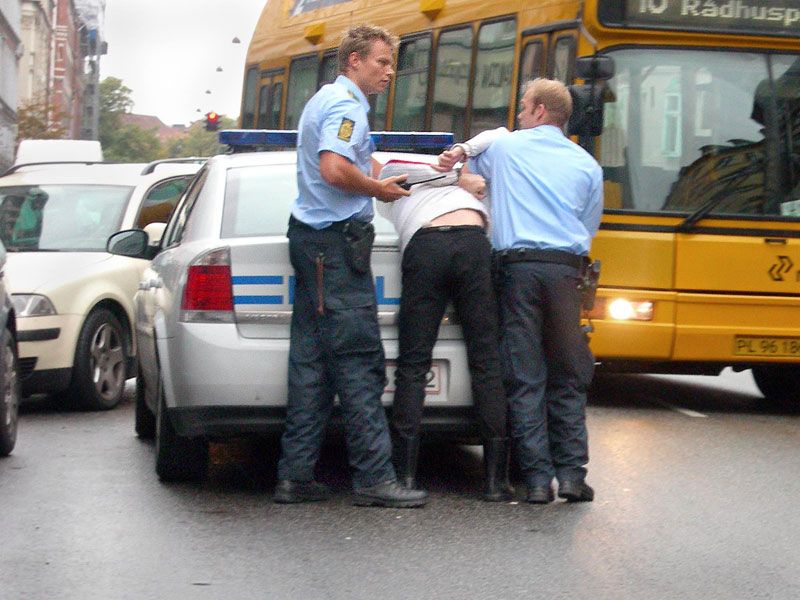Police officers in Denmark need better firearms training, according to a report from national police Rigspolitiet.
Officers need to be both more mentally and physically able to use their service weapons. The report recommends a wide variety of training, from mental conditioning to practicing loading and unloading their sidearms until it becomes second nature.
The report was made in the wake of the terrorist attack in Copenhagen in February when Omar El-Hussein shot and killed two civilians and wounded six police officers.
Terror the trigger
Police shot at and missed El-Hussien in two separate gunfights, leading to the conclusion that more focus is needed on shooting skills.
“The terrorist attack in Copenhagen was the trigger,” Peter Ekebjærg from Rigspolitiet, who was part of the working group behind the report, told DR Nyheder.
“We need to get serious about the discussions we have had. When we have a lot of cops walking the streets with machine guns, it is a completely different type of policing from we have been accustomed to.”
Ekebjærg wants to see cops trained to use both pistols and automatic weapons.
“Competence levels must be maintained, and we need to have a detailed overview of who is at what level.”
Setting a standard
Ekebjærg said the report is not an indication that today’s officers cannot handle their weapons, but rather a call for a single standard of quality and training across districts.
The report paves the way for funding to improve training, equipment for officers on the street, vehicles and IT systems.
READ MORE: Danish police asking for better ammunition and firearms training
Parliament will be looking at police budget requests after the autumn holidays, when negotiations on a multi-year agreement are slated to start.














